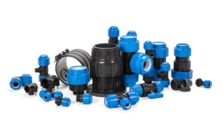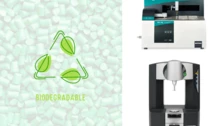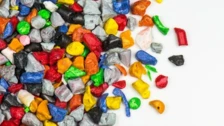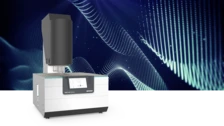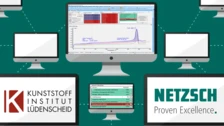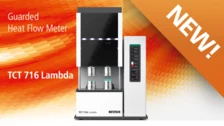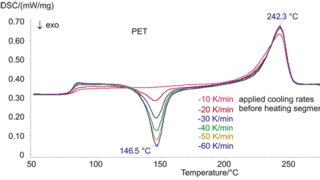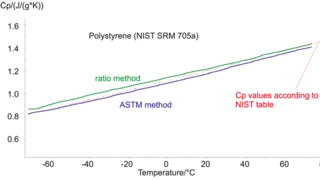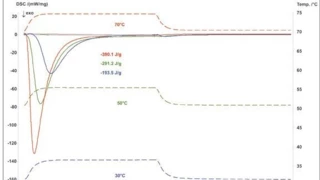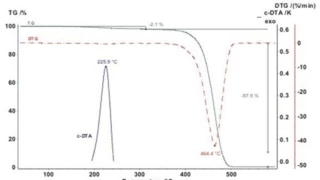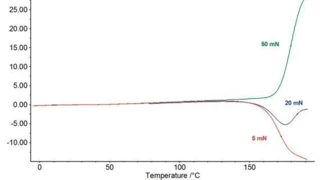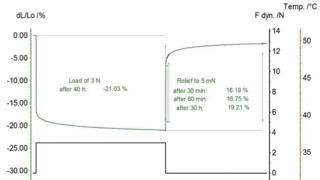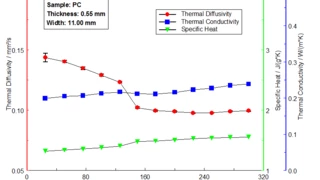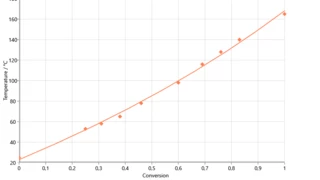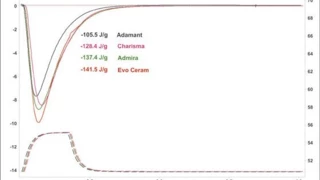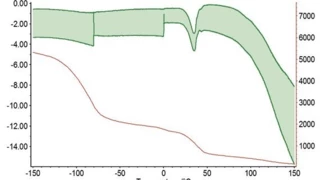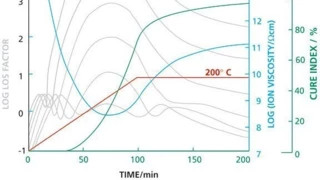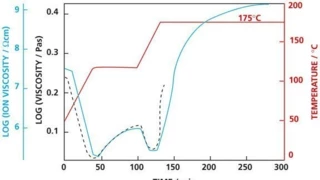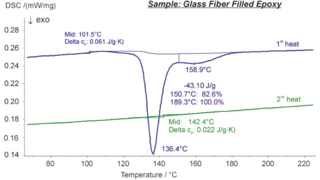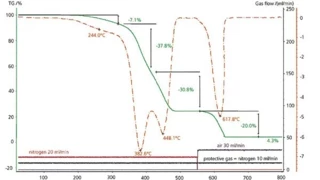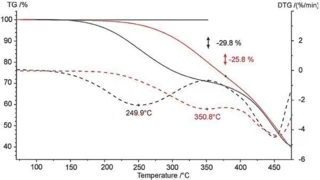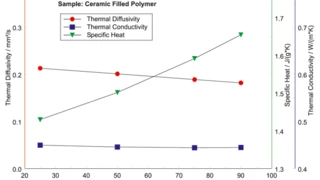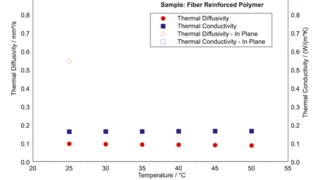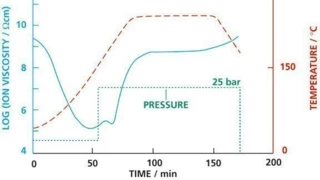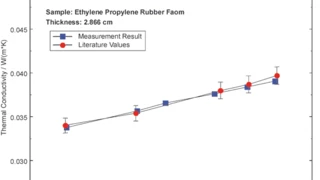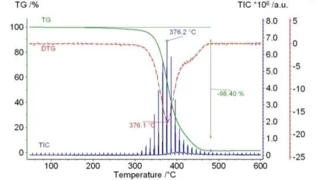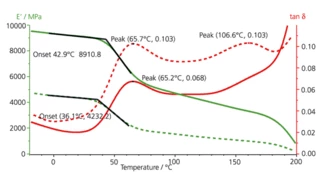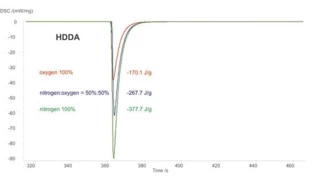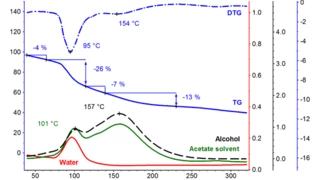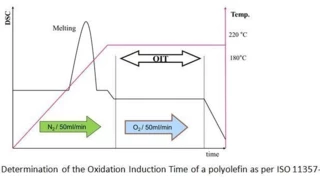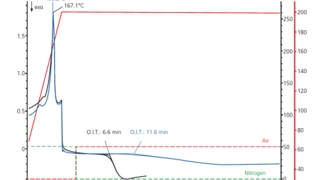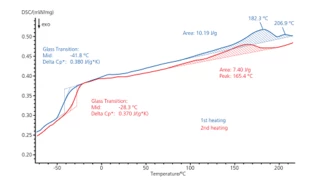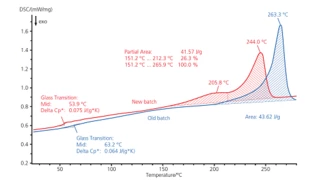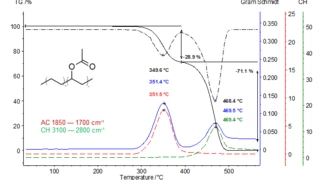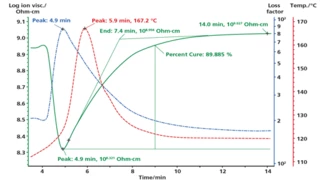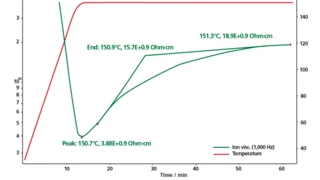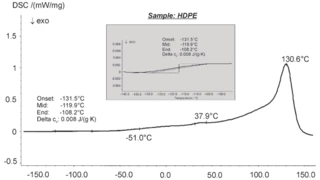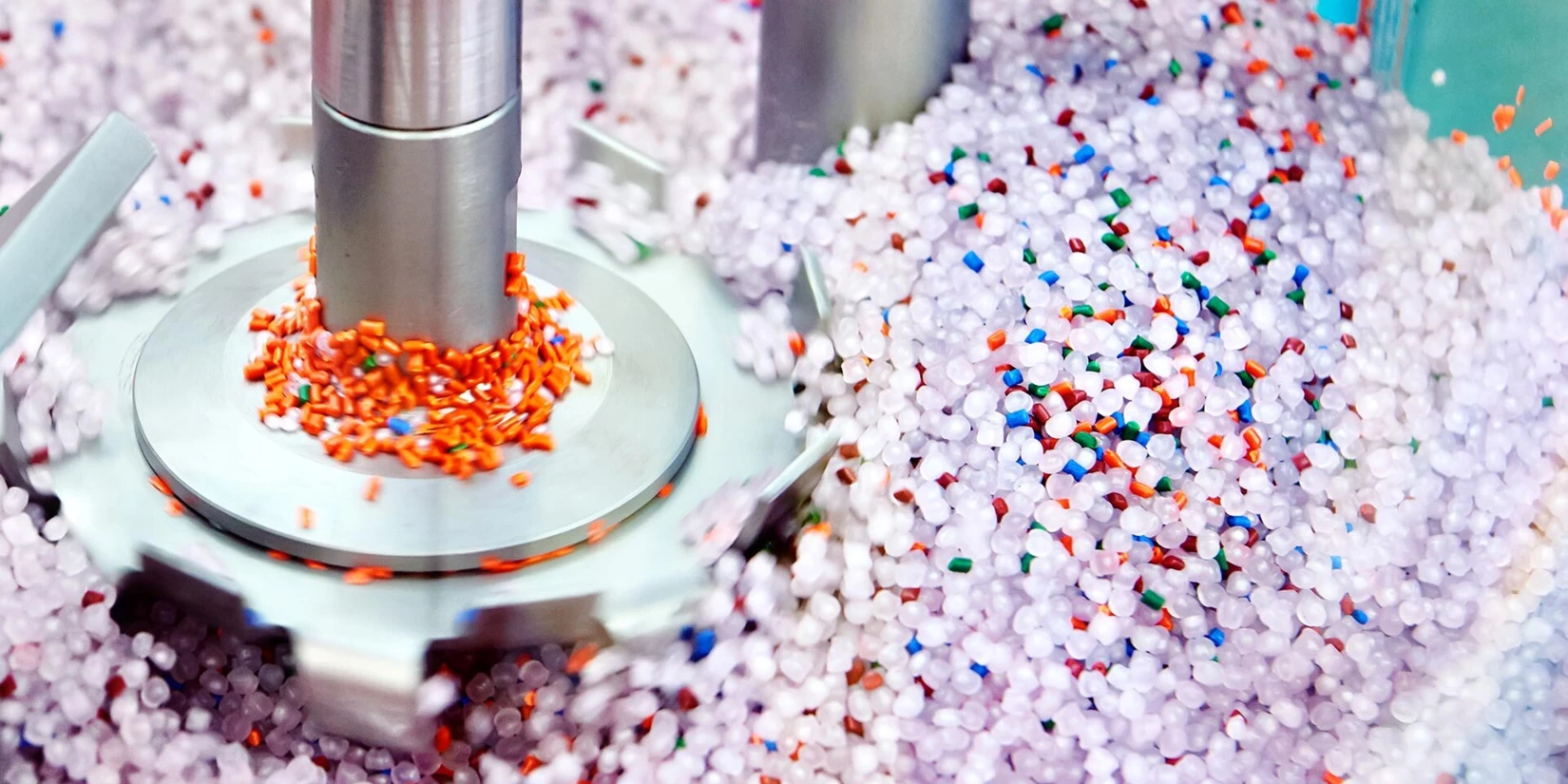
applications
Polymers
Polymers can generally be divided into three main groups: thermoplastics, elastomers and thermosets. Their thermal properties can be determined with our thermoanalytical measuring systems in the areas of product development, quality assurance, failure analysis and process optimization.
Our analytical instruments serve to characterize thermal effects and determine material data such as the melting/CrystallizationCrystallization is the physical process of hardening during the formation and growth of crystals. During this process, heat of crystallization is released.crystallization of thermoplastics, Glass Transition TemperatureThe glass transition is one of the most important properties of amorphous and semi-crystalline materials, e.g., inorganic glasses, amorphous metals, polymers, pharmaceuticals and food ingredients, etc., and describes the temperature region where the mechanical properties of the materials change from hard and brittle to more soft, deformable or rubbery.glass transition temperature, Thermal StabilityA material is thermally stable if it does not decompose under the influence of temperature. One way to determine the thermal stability of a substance is to use a TGA (thermogravimetric analyzer). thermal stability, composition of rubber mixtures, Curing (Crosslinking Reactions)Literally translated, the term “crosslinking“ means “cross networking”. In the chemical context, it is used for reactions in which molecules are linked together by introducing covalent bonds and forming three-dimensional networks.curing behavior of thermosetting materials, and E modulus values of anisotropic composites.


„The plastics industry is driven by a constant stream of fast-paced innovation.
It transforms cars into lightweights enabling fuel efficiency and e-drives, it puts a camera in every smartphone through inexpensive production of complex optical lenses, it is a key driver of the 4th industrial revolution of Additive Manufacturing, and much more.
Our products for thermal and rheological analysis of plastics have provided our customers with some of the key tools needed for this innovation. We thrive to continuously support the industry by improving our instruments and offering our expertise in polymer analysis.“
Thermal Analysis and Rheology in the Plastics Industry
During processing, polymers are typically heated to make them flow into a new shape and then cooled to solidify. Therefore, both the material behavior as a function of temperature and their flow behavior need to be understood.
To obtain the desired product properties, functional additives and fillers are compounded into a base polymer and the effectiveness of these modifications needs to be studied.
Last but not least, plastic products undergo various temperature changes during their service life and their behavior under these thermal conditions needs to be known during the part design stage.
All of this can be understood using Thermal Analysis and Rheology equipment. We at NETZSCH Analyzing & Testing have the right devices and methods to get the job done.
Additive Manufacturing with Polymers
Additive Manufacturing (AM) or 3D printing has matured over the last decades and has become a constant in our product design and development cycles and is debuting in more and more new products.
Polymers and their unique properties are key enablers for the majority of AM technologies – ranging from low viscosity, UV curable resins to polymer powders with distinct melting and CrystallizationCrystallization is the physical process of hardening during the formation and growth of crystals. During this process, heat of crystallization is released.crystallization behavior.
To develop and select suitable materials, optimize processing and processes and analyze the finished products, understanding the material-process interactions through thermal analysis and rheology methods are instrumental.
We at NETZSCH Analyzing & Testing can help you identify the most suitable device and method for your needs.
Plastics Circular Economy
In a circular economy we use the most suitable resources and materials, keep these resources in use for as long as possible, extract the maximum value from them whilst in use, and then recover and regenerate materials at the end of their service life or make sure they decompose without harm to the environment.
The unique characteristics of plastics enable them to play a major role on the path to such a more sustainable and resource efficient future. Lightweight, versatile and durable plastics can help save key resources such as energy and water in strategic sectors that include packaging, building and construction, automotive and renewable energy, to only name a few.
We at NETZSCH Analyzing & Testing have technologies that improve the identification and re-processing of recycled waste, help analyze microplastics and enable the development and processibility of bioplastics.
NETZSCH for Educators
Introductory course slides for thermal analysis and rheology on plastics
We have created an extensive set of introductory course slide decks that can be used by professors and other educators involved in teaching polymer classes. This service is free of charge.
Application Literature


